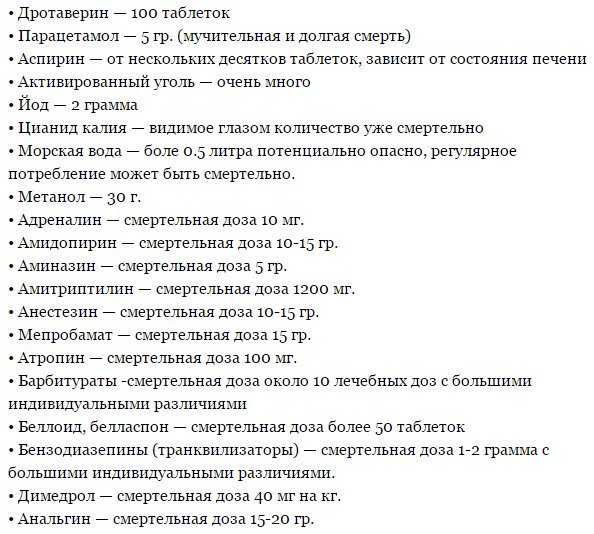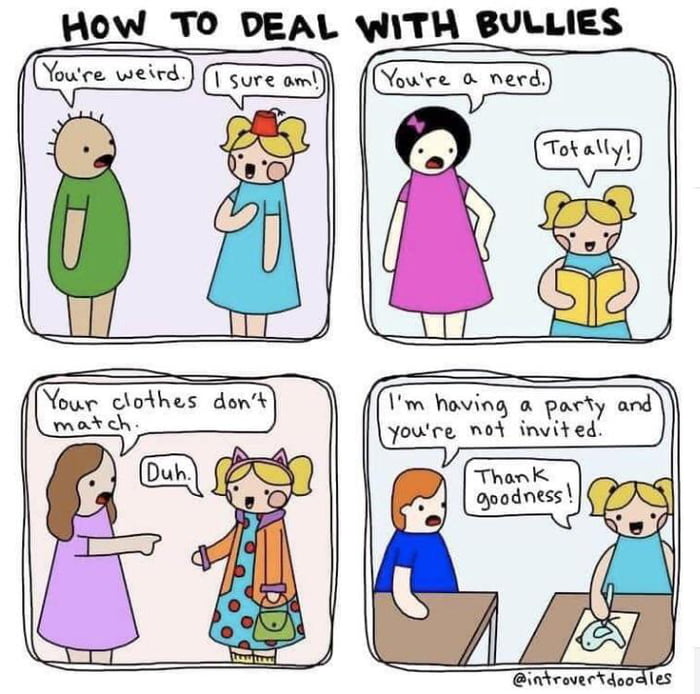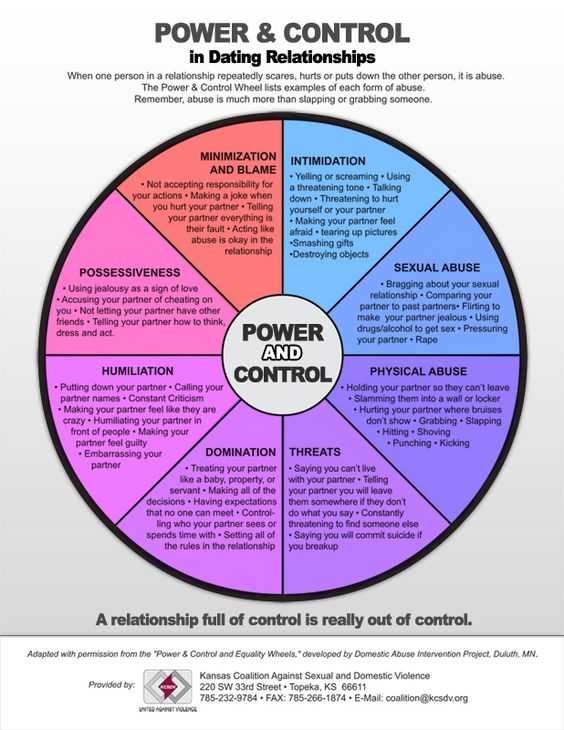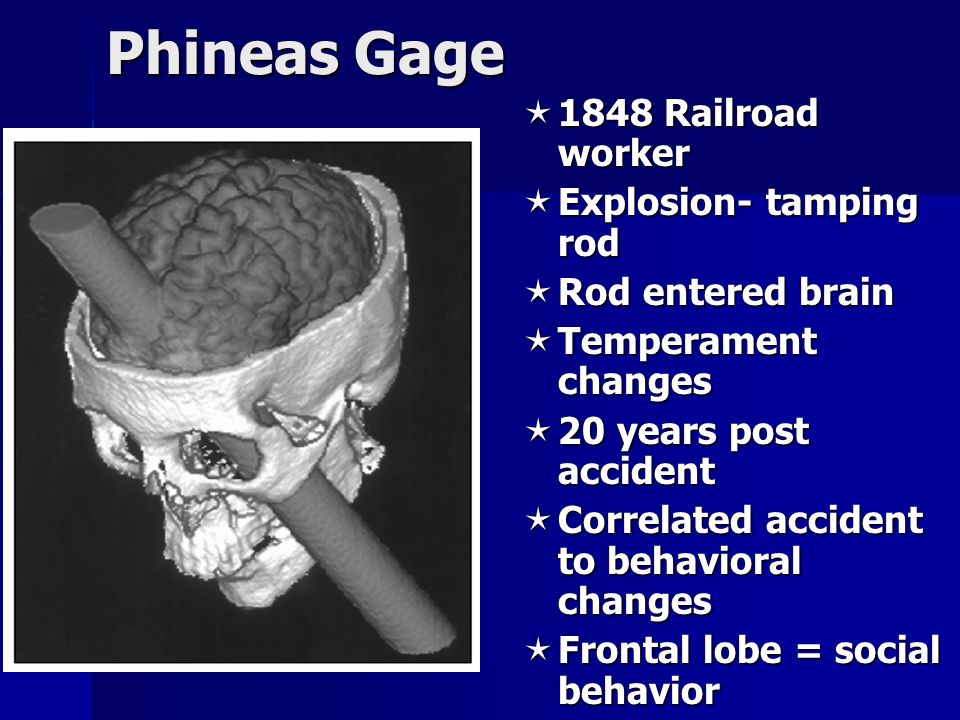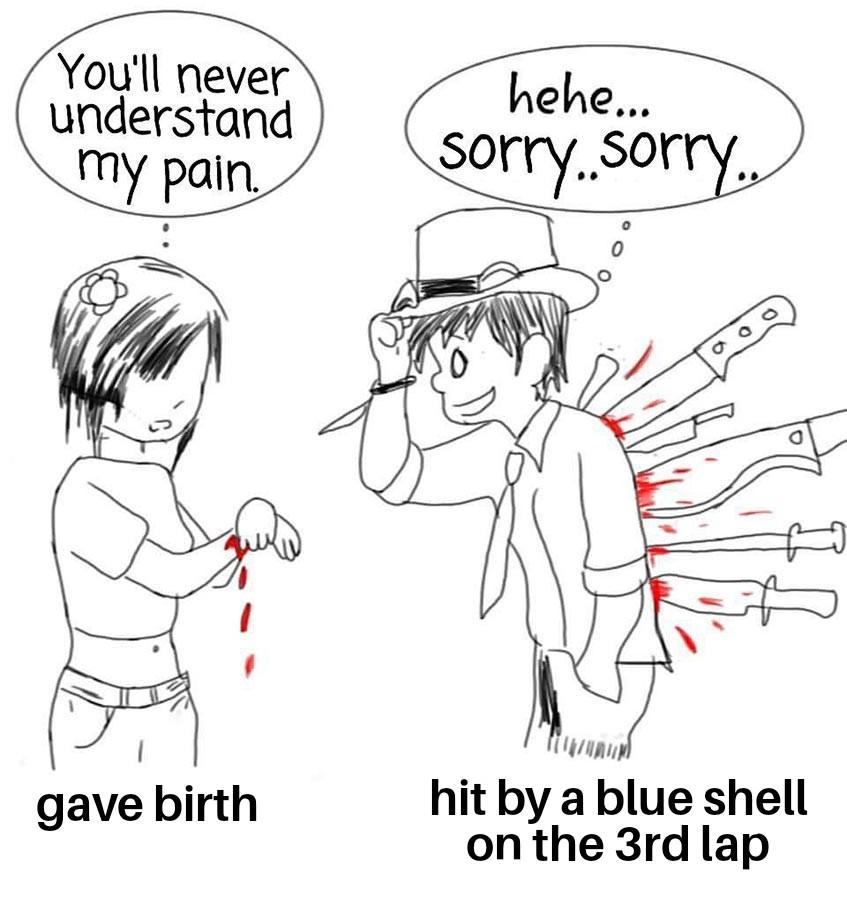Peeing on the floor
Child Peeing on The Floor? Intentional or ADHD Symptom?
If your child has more pee accidents than other kids the same age, you might wonder whether it’s connected to ADHD.
Attention deficit hyperactivity disorder (ADHD) is a neurodevelopmental condition that affects attention and behavior. Sometimes the unwanted behaviors that accompany ADHD can seem intentional.
A loss of control over urinating is called enuresis (eh-nyr-ee-suhs). When this happens at night, it’s called nocturnal enuresis. Daytime wetting is called diurnal enuresis.
Enuresis can result from a medical issue, like a structural or hormonal difference. A doctor can help diagnose or rule out this type of cause.
Sometimes wetting is connected to ADHD, and researchers are still trying to understand why.
If your child with ADHD experiences enuresis, they’re not alone. A 2020 study involving 100 children with diurnal enuresis found that 40% met the criteria for ADHD.
The same study also found that brain scans showing certain EEG waves might be able to identify ADHD in children experiencing enuresis.
“ADHD increases the likelihood of the presence of nocturnal enuresis, which is when kids involuntarily or voluntarily pee in bed,” explains Dr. Raffaello Antonino, the clinical director at Therapy Central and a counseling psychologist.
“Children with ADHD are also more likely to have diurnal enuresis, which relates to urinating in inappropriate places during daytime,” he adds.
In some cases, wetting might be purposeful behavior. Most voiding is involuntary, but occasionally it’s not.
Antonino, referring to information from the American Psychiatric Association (APA), says, “Incontinence among children with ADHD is potentially linked with oppositional defiant or conduct disorder.”
Oppositional defiant disorder (ODD) and conduct disorder feature behaviors meant to defy or annoy others. A child intentionally urinating on the floor is an example. Either of the two can commonly co-occur with ADHD.
But a child’s wetting can be accidental even if it seems otherwise. Considering other possibilities is essential because your child may feel embarrassed and regret when urination accidents happen.
Considering other possibilities is essential because your child may feel embarrassed and regret when urination accidents happen.
“The link between ADHD and elimination disorders, including urinating, is highly complex, and there are many possible explanations,” Antonino says. Researchers do have some theories.
One possible cause is “urge incontinence, which involves a sudden onset of the urge to release urine,” he explains.
While there’s more information about the medical causes of urge incontinence, some research links ADHD to poor bladder control. For example, a 2019 study of 156 children found that ADHD was the most common psychiatric disorder in the study to be associated with lower urinary tract issues.
A 2016 study of 184 children 5 to 12 years old found that of the participants with an overactive bladder, more had ADHD (35.9%) than without ADHD (19.6%).
It’s easier to help your child reduce enuresis if you understand the cause.
Attention
Potty accidents can be purposeful, attention-seeking behaviors.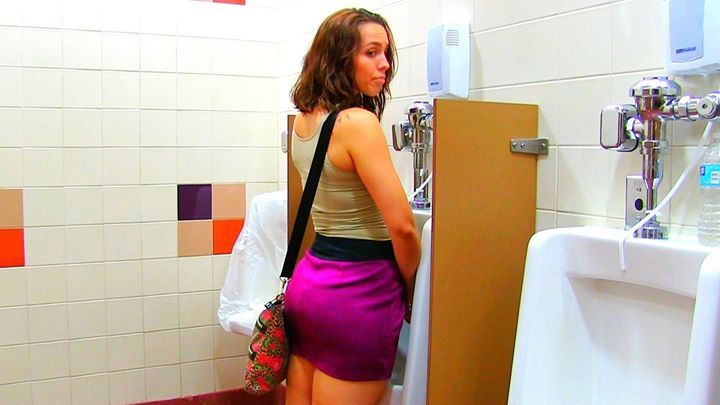 Life is busy, and your child may feel like they’re competing for your attention.
Life is busy, and your child may feel like they’re competing for your attention.
Tip:
If you reward the behavior you want, you’ll likely get more of it. For example, giving your child attention when they’re behaving well but remaining calm and helping your child clean up after wetting.
Executive function issue
Executive function is thinking that allows you to make decisions and regulate your behavior. Both ADHD and autism spectrum disorder (ASD) feature reduced executive function.
Self-monitoring is an executive function skill. If your child has weak executive function, they might not pay attention to the signals indicating they need to use the bathroom.
Tip:
You can strengthen your child’s executive function by creating habits like using the bathroom before leaving the house or before bed to reduce accidents.
Hyperactivity or inattention
Research from 2017 notes a possible connection between sleep disturbance and enuresis. Not getting enough sleep can affect a child’s ability to pay attention and cause them to be more hyperactive.
Not getting enough sleep can affect a child’s ability to pay attention and cause them to be more hyperactive.
Some researchers think that sleep deprivation leading to hyperactivity and inattention might contribute to a child’s wetting.
Tip:
Sleep-promoting strategies that may help your child include reduced evening screen time and regular exercise. Relaxation exercises and avoiding caffeine can also help.
Overwhelm, overstimulation
Overstimulation can overwhelm many, but children with ADHD may be particularly affected. Too much sensory input can create overload, making it difficult to pay attention to bladder body signals.
Tip:
Even young children can learn mindfulness if you participate and create a peaceful environment. It’s easiest to start with short breathing exercises you can do together. Try finding time each day to practice, like before bed as a wind-down activity.
ADHD and hypersensitivity
Some people living with ADHD can experience hypersensitivity.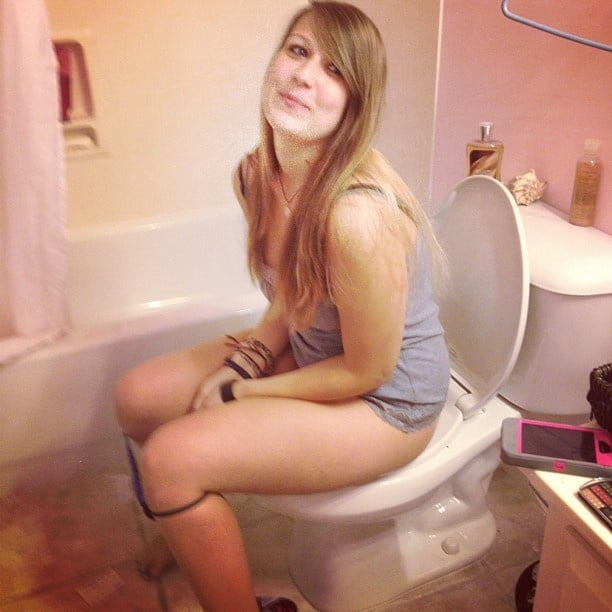
If you’ve ever seen your child cover their ears to shield themselves from sound or tug at a shirt they find itchy, you’ve witnessed hypersensitivity in action. Hypersensitivity makes a person more likely to experience overstimulation, making it difficult to recognize body signals.
Tip:
You can help your child manage ADHD hypersensitivity by teaching them boundaries and self-advocacy. Let them know it’s OK to ask for a different shirt or say that the TV is too loud for them.
Teaching them assertiveness can help them regulate their sensory input, which could reduce wetting.
Urinating in unusual places can be linked to ADHD. Not all children with ADHD have bladder control issues, but some do.
The wetting can be on purpose or accidental. When a child deliberately urinates where they shouldn’t, it might be attention-seeking behavior. It could also be defiance associated with ODD or conduct disorder, conditions that sometimes occur with ADHD.
Usually, peeing on themselves is not done on purpose.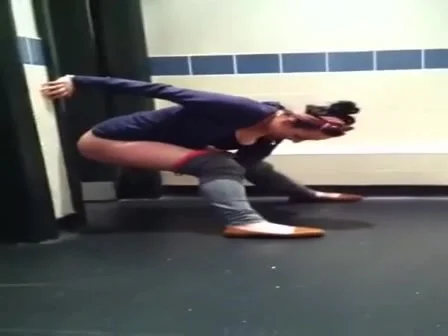 Children with ADHD have accidents for various reasons, like sensory overload or executive function issues.
Children with ADHD have accidents for various reasons, like sensory overload or executive function issues.
It’s best to talk with a pediatrician if your child is having wetting accidents because it may be a condition of a serious underlying medical condition.
You can help your child with strategies like calming exercises and making a habit of using the restroom before the next activity.
Child Peeing on The Floor? Intentional or ADHD Symptom?
If your child has more pee accidents than other kids the same age, you might wonder whether it’s connected to ADHD.
Attention deficit hyperactivity disorder (ADHD) is a neurodevelopmental condition that affects attention and behavior. Sometimes the unwanted behaviors that accompany ADHD can seem intentional.
A loss of control over urinating is called enuresis (eh-nyr-ee-suhs). When this happens at night, it’s called nocturnal enuresis. Daytime wetting is called diurnal enuresis.
Enuresis can result from a medical issue, like a structural or hormonal difference.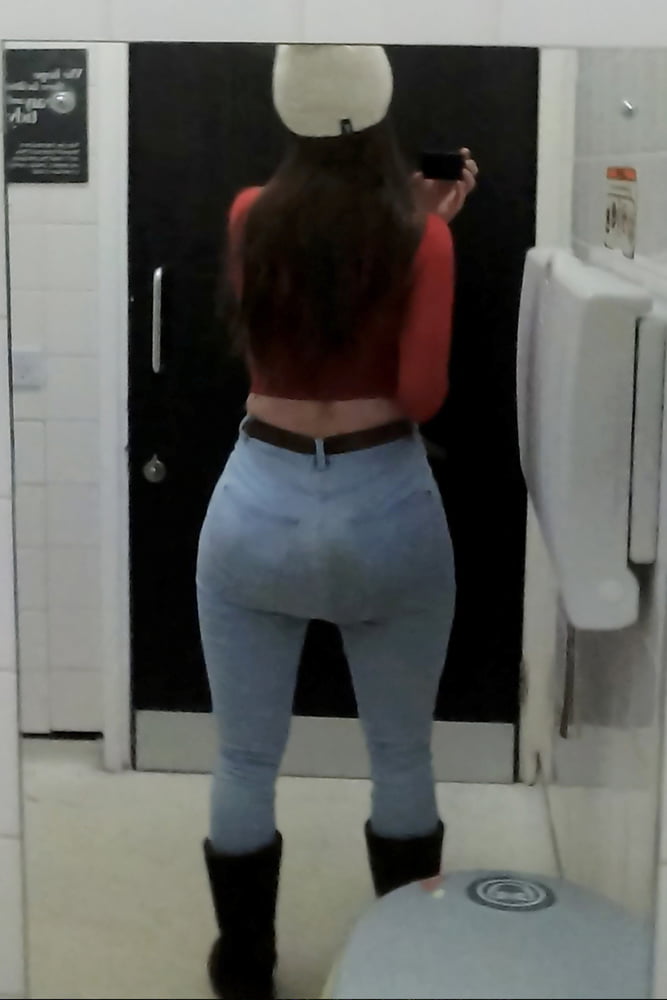 A doctor can help diagnose or rule out this type of cause.
A doctor can help diagnose or rule out this type of cause.
Sometimes wetting is connected to ADHD, and researchers are still trying to understand why.
If your child with ADHD experiences enuresis, they’re not alone. A 2020 study involving 100 children with diurnal enuresis found that 40% met the criteria for ADHD.
The same study also found that brain scans showing certain EEG waves might be able to identify ADHD in children experiencing enuresis.
“ADHD increases the likelihood of the presence of nocturnal enuresis, which is when kids involuntarily or voluntarily pee in bed,” explains Dr. Raffaello Antonino, the clinical director at Therapy Central and a counseling psychologist.
“Children with ADHD are also more likely to have diurnal enuresis, which relates to urinating in inappropriate places during daytime,” he adds.
In some cases, wetting might be purposeful behavior. Most voiding is involuntary, but occasionally it’s not.
Antonino, referring to information from the American Psychiatric Association (APA), says, “Incontinence among children with ADHD is potentially linked with oppositional defiant or conduct disorder. ”
”
Oppositional defiant disorder (ODD) and conduct disorder feature behaviors meant to defy or annoy others. A child intentionally urinating on the floor is an example. Either of the two can commonly co-occur with ADHD.
But a child’s wetting can be accidental even if it seems otherwise. Considering other possibilities is essential because your child may feel embarrassed and regret when urination accidents happen.
“The link between ADHD and elimination disorders, including urinating, is highly complex, and there are many possible explanations,” Antonino says. Researchers do have some theories.
One possible cause is “urge incontinence, which involves a sudden onset of the urge to release urine,” he explains.
While there’s more information about the medical causes of urge incontinence, some research links ADHD to poor bladder control. For example, a 2019 study of 156 children found that ADHD was the most common psychiatric disorder in the study to be associated with lower urinary tract issues.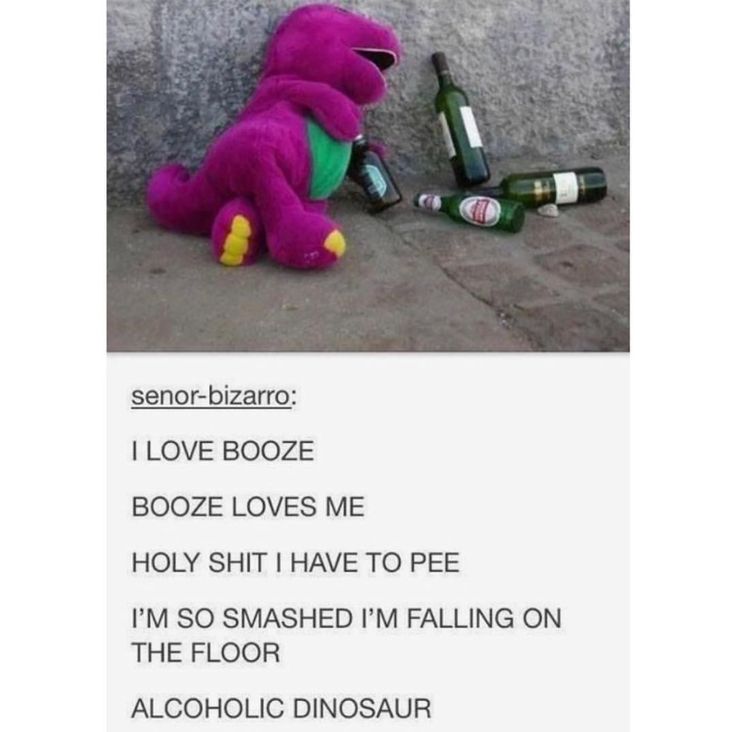
A 2016 study of 184 children 5 to 12 years old found that of the participants with an overactive bladder, more had ADHD (35.9%) than without ADHD (19.6%).
It’s easier to help your child reduce enuresis if you understand the cause.
Attention
Potty accidents can be purposeful, attention-seeking behaviors. Life is busy, and your child may feel like they’re competing for your attention.
Tip:
If you reward the behavior you want, you’ll likely get more of it. For example, giving your child attention when they’re behaving well but remaining calm and helping your child clean up after wetting.
Executive function issue
Executive function is thinking that allows you to make decisions and regulate your behavior. Both ADHD and autism spectrum disorder (ASD) feature reduced executive function.
Self-monitoring is an executive function skill. If your child has weak executive function, they might not pay attention to the signals indicating they need to use the bathroom.
Tip:
You can strengthen your child’s executive function by creating habits like using the bathroom before leaving the house or before bed to reduce accidents.
Hyperactivity or inattention
Research from 2017 notes a possible connection between sleep disturbance and enuresis. Not getting enough sleep can affect a child’s ability to pay attention and cause them to be more hyperactive.
Some researchers think that sleep deprivation leading to hyperactivity and inattention might contribute to a child’s wetting.
Tip:
Sleep-promoting strategies that may help your child include reduced evening screen time and regular exercise. Relaxation exercises and avoiding caffeine can also help.
Overwhelm, overstimulation
Overstimulation can overwhelm many, but children with ADHD may be particularly affected. Too much sensory input can create overload, making it difficult to pay attention to bladder body signals.
Tip:
Even young children can learn mindfulness if you participate and create a peaceful environment. It’s easiest to start with short breathing exercises you can do together. Try finding time each day to practice, like before bed as a wind-down activity.
It’s easiest to start with short breathing exercises you can do together. Try finding time each day to practice, like before bed as a wind-down activity.
ADHD and hypersensitivity
Some people living with ADHD can experience hypersensitivity.
If you’ve ever seen your child cover their ears to shield themselves from sound or tug at a shirt they find itchy, you’ve witnessed hypersensitivity in action. Hypersensitivity makes a person more likely to experience overstimulation, making it difficult to recognize body signals.
Tip:
You can help your child manage ADHD hypersensitivity by teaching them boundaries and self-advocacy. Let them know it’s OK to ask for a different shirt or say that the TV is too loud for them.
Teaching them assertiveness can help them regulate their sensory input, which could reduce wetting.
Urinating in unusual places can be linked to ADHD. Not all children with ADHD have bladder control issues, but some do.
The wetting can be on purpose or accidental.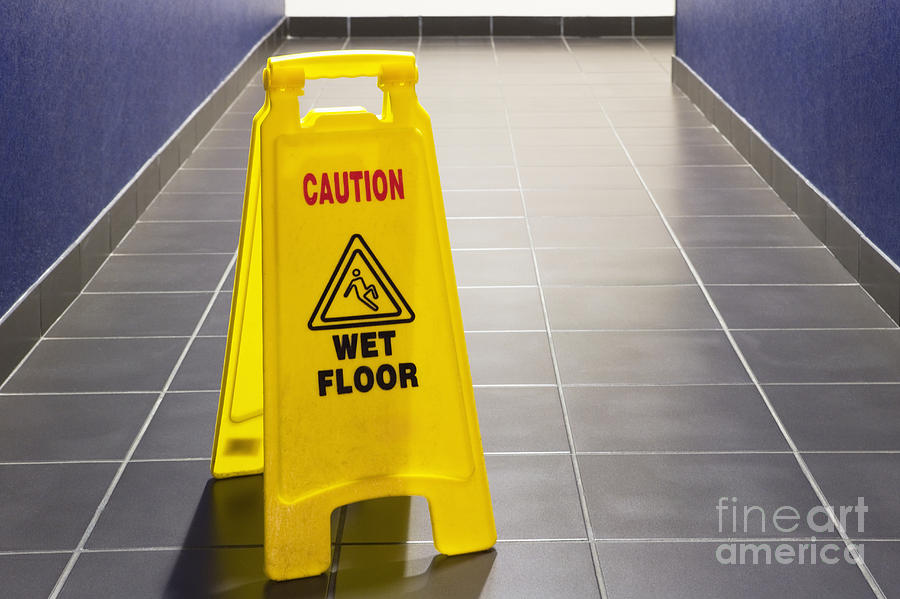 When a child deliberately urinates where they shouldn’t, it might be attention-seeking behavior. It could also be defiance associated with ODD or conduct disorder, conditions that sometimes occur with ADHD.
When a child deliberately urinates where they shouldn’t, it might be attention-seeking behavior. It could also be defiance associated with ODD or conduct disorder, conditions that sometimes occur with ADHD.
Usually, peeing on themselves is not done on purpose. Children with ADHD have accidents for various reasons, like sensory overload or executive function issues.
It’s best to talk with a pediatrician if your child is having wetting accidents because it may be a condition of a serious underlying medical condition.
You can help your child with strategies like calming exercises and making a habit of using the restroom before the next activity.
Child 4 years old pissing on the floor
- Forum
- Archive
- Children's health
I don't know what to do, or rather I decided for myself that I would go to a neurologist and a psychologist.
The situation is as follows:
The child is 4 years old, a smart, healthy, beautiful child. He has been walking since a year and a half, sleeping without diapers, there were no problems. Then in the garden he suddenly pooped near the bed and wanted to hide. there was a new nanny, maybe she was just embarrassed to get up in the toilet, I don’t know for sure. But when after 2 weeks she pooped at home and covered her socks, I was shocked. Within 2 days, she peed on the floor 3 times (and first on my jeans, which were lying on a chair), then she peed on her baby chair, and then on a gymnastic mat, AND DOES NOT PEE AT NIGHT. When I ask why she did this, she says, I accidentally. we swear, we don’t insult each other. I can justify it only by the fact that we had another child, now he is a year old. Previously, the eldest always knew that she had her own room where she sleeps and all her toys are there. Now my sister walks around the apartment and of course everyone plays in the children's room. MAYBE OLDER MET IT YOUR territory, I just don’t know what to think anymore. Maybe someone had it like that.
He has been walking since a year and a half, sleeping without diapers, there were no problems. Then in the garden he suddenly pooped near the bed and wanted to hide. there was a new nanny, maybe she was just embarrassed to get up in the toilet, I don’t know for sure. But when after 2 weeks she pooped at home and covered her socks, I was shocked. Within 2 days, she peed on the floor 3 times (and first on my jeans, which were lying on a chair), then she peed on her baby chair, and then on a gymnastic mat, AND DOES NOT PEE AT NIGHT. When I ask why she did this, she says, I accidentally. we swear, we don’t insult each other. I can justify it only by the fact that we had another child, now he is a year old. Previously, the eldest always knew that she had her own room where she sleeps and all her toys are there. Now my sister walks around the apartment and of course everyone plays in the children's room. MAYBE OLDER MET IT YOUR territory, I just don’t know what to think anymore. Maybe someone had it like that.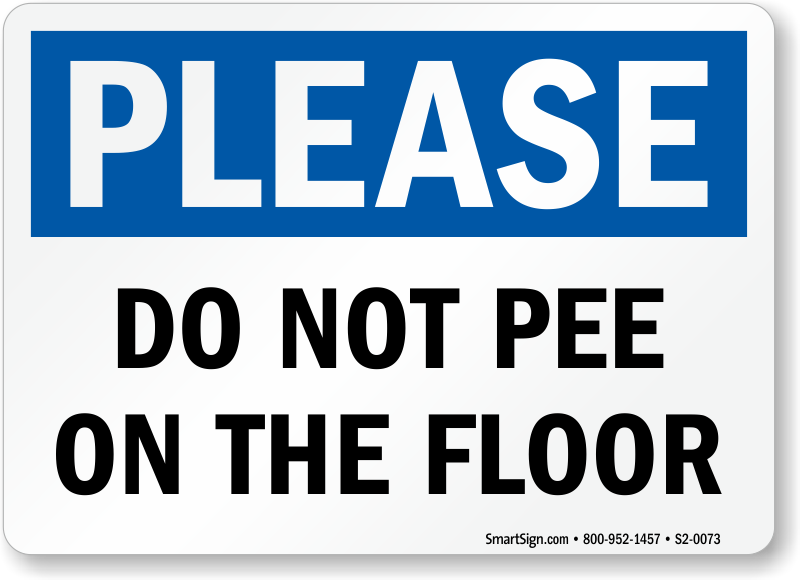 Tell me something. nine0013
Tell me something. nine0013
It is likely that she is trying to imitate her younger sister, seeing that your sister is paying attention to "these matters".
There is such a phenomenon when older children sink to the level of younger ones in the struggle for parental attention. Most often they can't even explain why
did such a thing, so the little one goes all the time in a diaper.
My friend had the same thing. As soon as the second child was born, the eldest daughter (she was 3 years old) began to write and poop on the floor and carpet. Although before that she asked and did everything on the potty. Now the younger sister has grown up and the jealousy seems to have gone away, now they play together and no longer mischief like that. nine0013
Make them clean everything, they will suddenly get sick of writing on clothes and where. Do not scold, but present it as a natural consequence.
thank you all for the answers, but I'm waiting for more comments. I also tend to be jealous and maybe just thereby attracting attention to myself.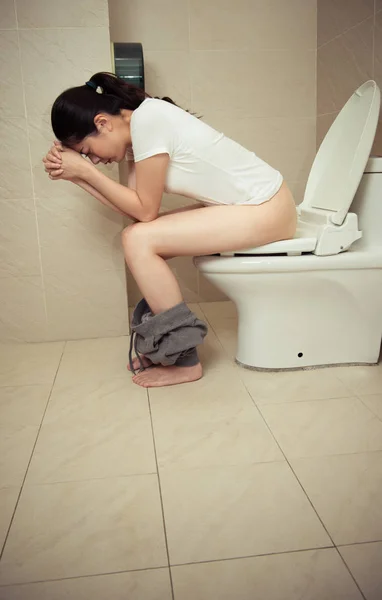
Talk to your child and find out if she knows when to go to the bathroom. Can she hold back if she wants to. Go to a neurologist, a surgeon, do an MRI of the sacral spine and an ultrasound of the abdominal cavity to rule out a medical factor. Then you can deal with psychology. nine0013
Three months after the birth of my sister, my son began to pee on the toilet, on the wall of the toilet, in the brush, in the corner of the toilet, on the lid of the toilet....well, flight of fancy. He hid his wet night shorts - what he didn’t dig out right away - he found later by smell. I could hide it in toys, in books, in a closet with linen, behind a closet...
Nothing helped. But when I forced (without shouting, scandals, didn’t scold) to wash the floor in the toilet after myself (and really with a brush with powder, washed for about 15 minutes - and I watched, and washed my panties hidden in the basin - it worked. Panties stopped hiding after 2 1st wash, pissing past the toilet stopped after 3rd cleaning of the toilet
I didn't scold. We talked, explained, said that we love. It flashed - “why can Katya (sister) not write into the toilet) - I had to get pictures of his little one, tell how small he was. Once again - I DID NOT SCORE, without screaming.
We talked, explained, said that we love. It flashed - “why can Katya (sister) not write into the toilet) - I had to get pictures of his little one, tell how small he was. Once again - I DID NOT SCORE, without screaming.
here, he also hides his underpants or just changes them, and leaves the soaked ones even in a conspicuous place. Today everything went calmly, although I spent most of the day at the zoo. it was already getting better and she realized that it was impossible to do this, although I think that she already understands that this is bad and cannot be done this way. nine0013
in our case, the cause was childish jealousy, the son wanted to regain parental attention in full and does not share with his sister, he did not understand why he was scolded and forbidden, but his sister was not scolded and not forbidden - why he should not whine, but the baby you can, why he can’t spit on the floor, but his sister can burp on the floor. Etc. We still have long explanatory conversations with assurances of love for our son))))
I also think that this is jealousy, although I repeat every day more than once that I adore her, love her and that she is the best, I hug But there are moments that it’s just not up to her, when, for example, I wash or bathe or feed a small one, and she needs her mother just at that time. Yesterday and today it went calmly, although today it hasn’t ended yet. nine0013
Yesterday and today it went calmly, although today it hasn’t ended yet. nine0013
Open theme in windows
Trending celebrities
Mystery of the North Star: New Year's performance based on the legends of the peoples of the North of Russia
Irina Pegova, Sergey Shakurov and Stanislav Duzhnikov in the New Year's comedy with a surprise "Olivier" - watch the trailer!
How to stop being jealous of your boyfriend for an ex-girlfriend
Why is he pissing on the floor???!!
Why does he pee on …
12 replies
Last - Relcome
#1
#2
5555555555555555555555555555
#3
#4
maybe she's pissing, but blames the child?
#5
#6
#7
#8
#900 #9
#10
#11
#12
new topics for new topics for new topics for new topics for new topics for new topics for new topics for new topics for new topics for new topics for new topics week:
-
closed school
5 answers
-
Child's work or school?
6 answers
-
Does a teacher have the right to grade?
6 answers
-
Why do schoolchildren have 8 days of New Year holidays?
9 answers
-
11th grade child.
 Go nowhere in the middle of the year!?
Go nowhere in the middle of the year!? 17 answers
-
Disgraced at school Everything was calm before kindergarten
6 answers
-
were you an excellent student at school? nine0042
13 answers
-
I have 3 in history 3 per quarter, and my parents scold for estimates ..
11 answers
-
Son, a classmate
20 answers
9000 9000 9000 9000 9000 9000 9000 9000 9000 9000 9000 9000 9000 9000 9000 9000 9000 week:-
Extortions in Kindergarten
71 answers
-
A classmate crippled her son
20 answers
-
11th grade child. Go nowhere in the middle of the year!?
17 answers
-
13 answers
-
I got 3 in the history of the quarter, and my parents scold me for grades.
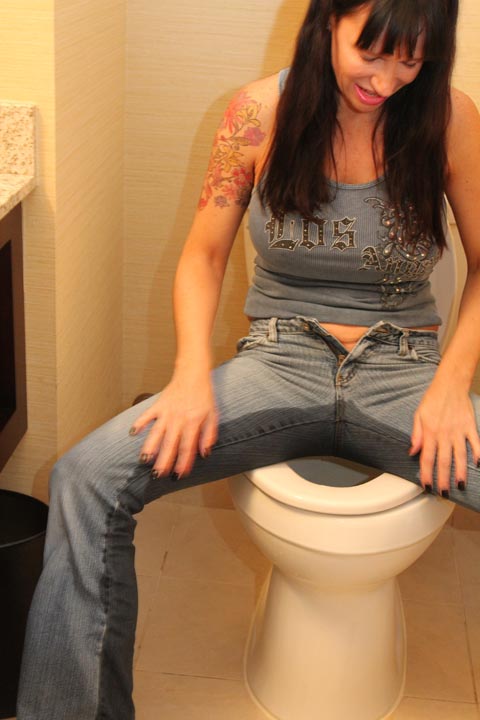
-



